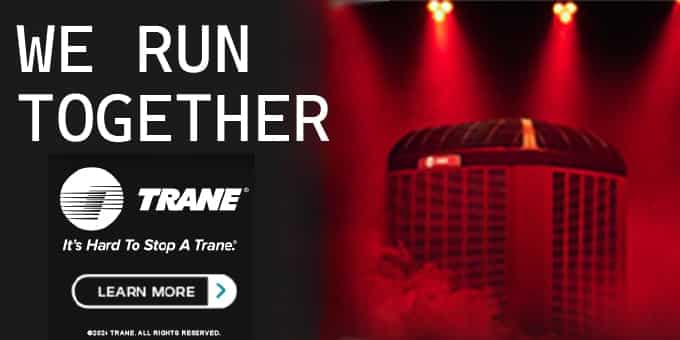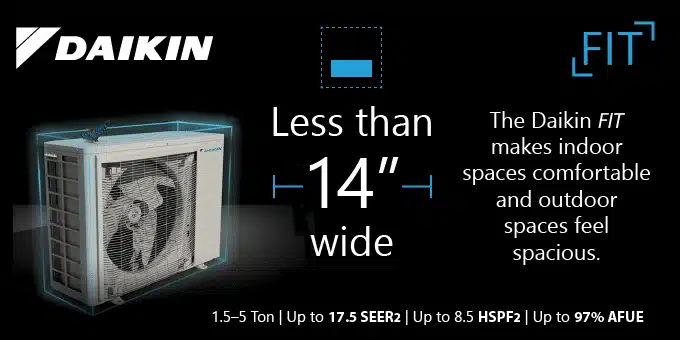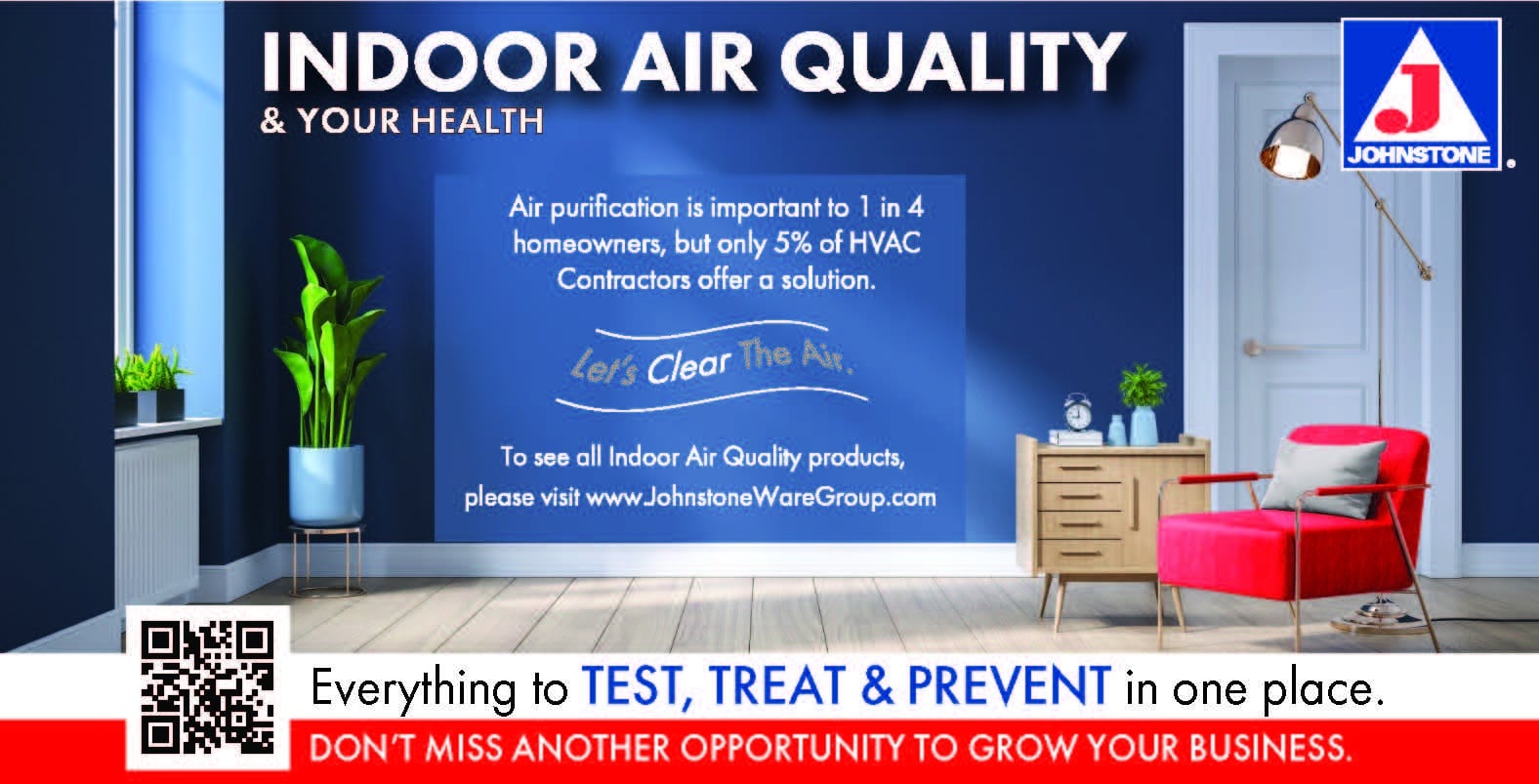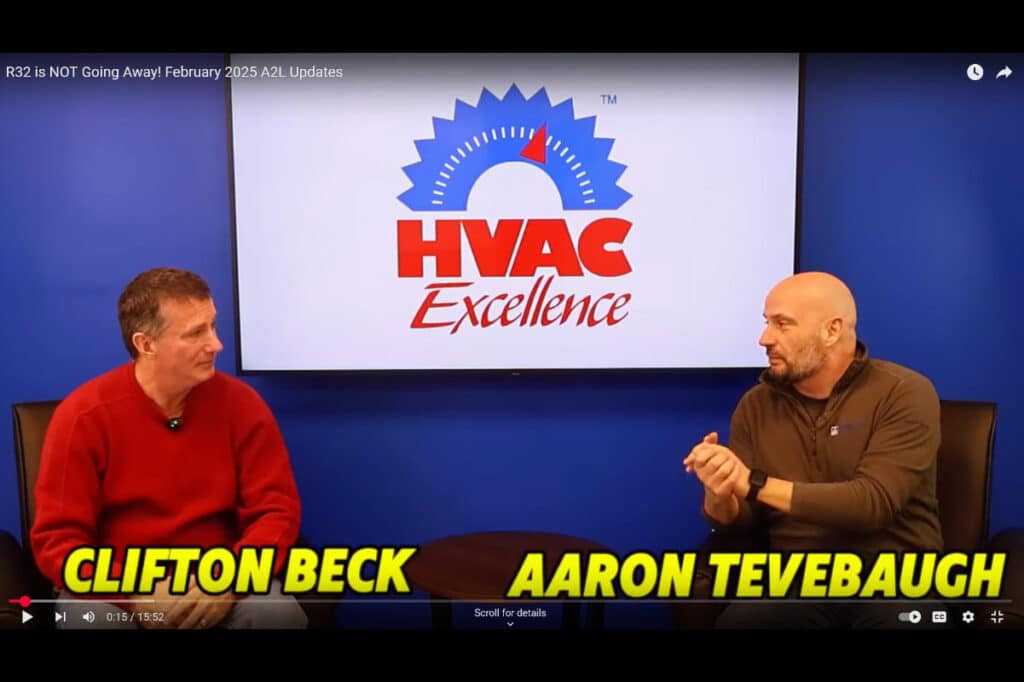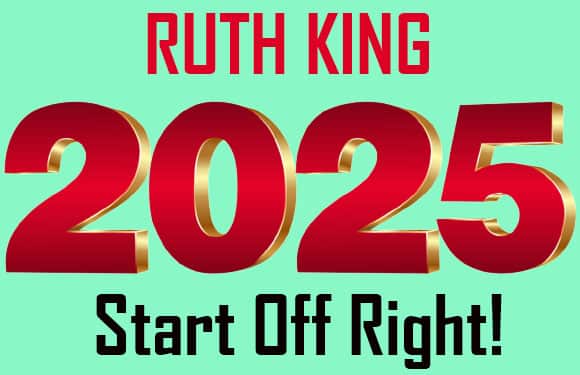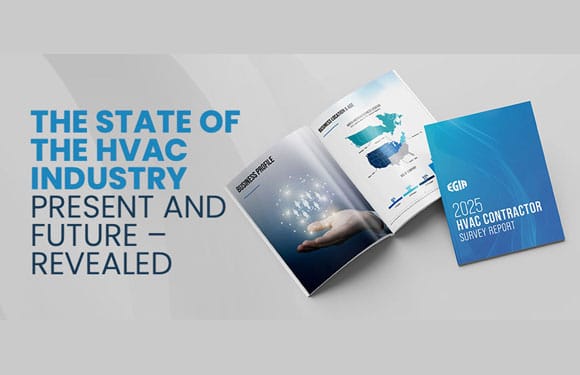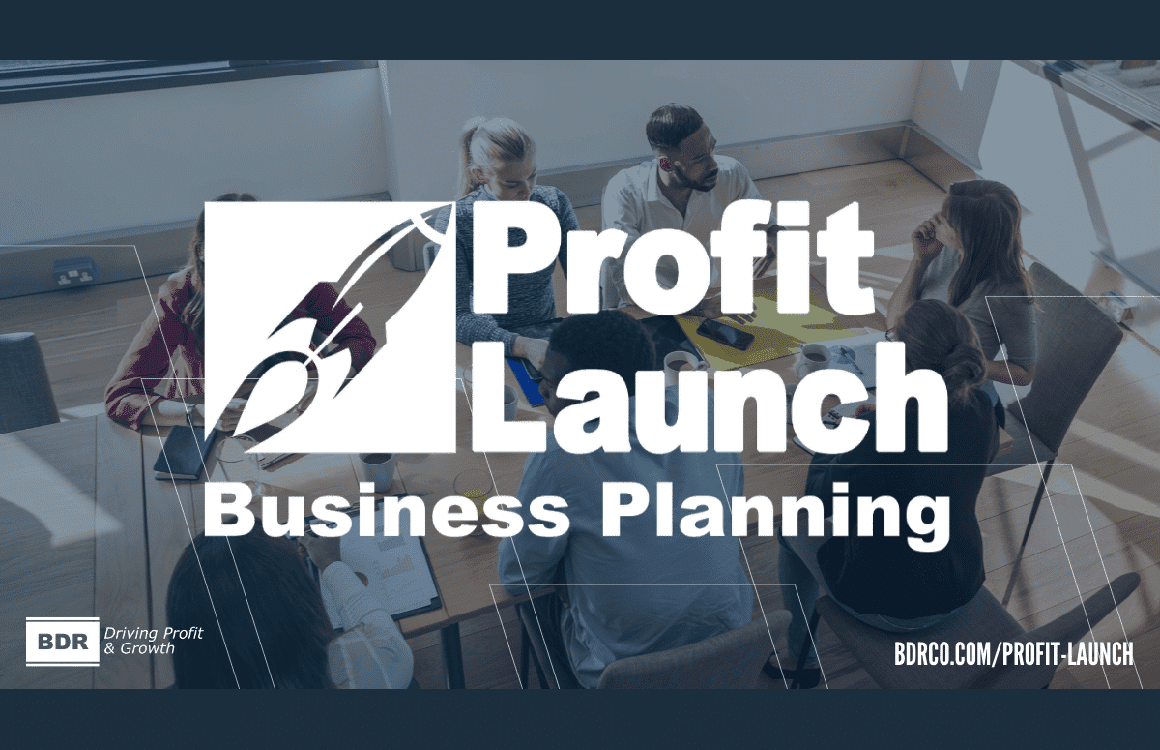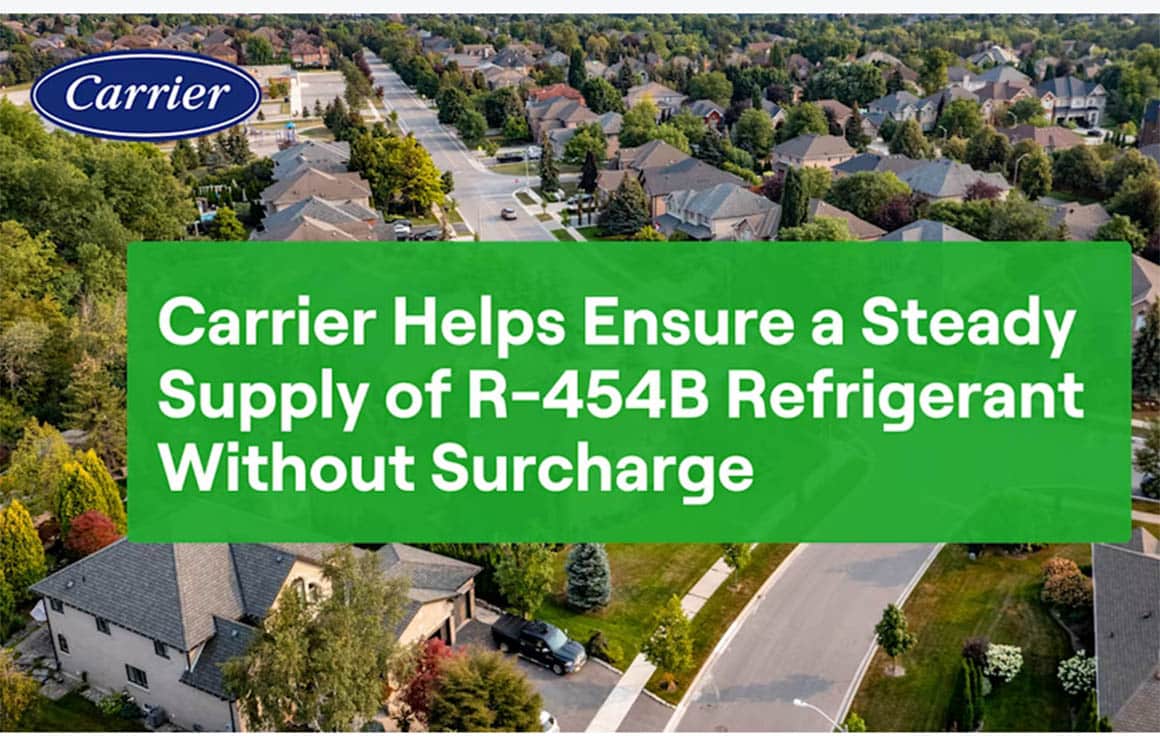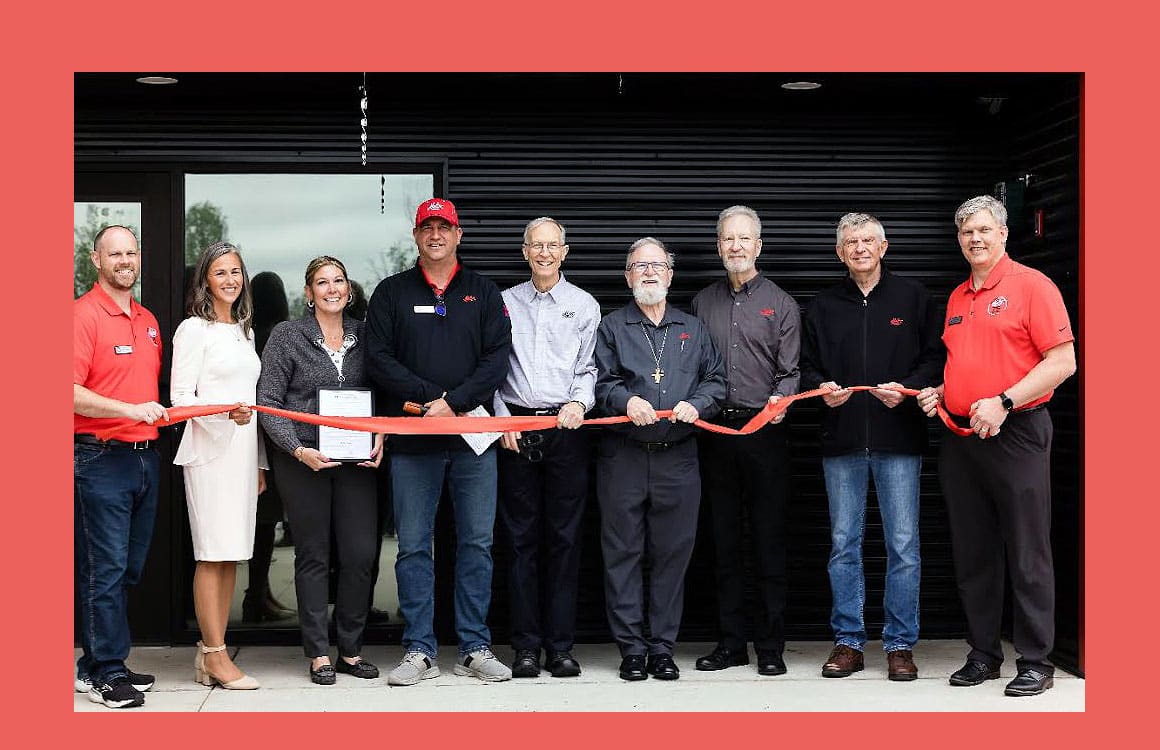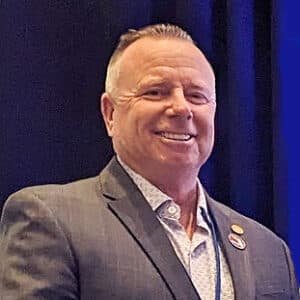
Florida is no stranger to hurricanes and other natural disasters. The Atlantic Hurricane season occurs each year from June 1 through November 30, with a historical peak of the season beginning in September. Being prepared before the storm is wise, but how can you protect yourself after a disaster strikes? The Florida Refrigeration and Air Conditioning Contractors Association (FRACCA) wanted to provide you with some friendly reminders for the upcoming hurricane season. Please pass these along to your employees, fellow contractors, and especially your customers so they are not caught off guard and not prepared.
Don’t become a statistic. Protect your business by developing a business disaster plan.
- Develop a Plan of Action for handling disruptions that is shared with employees & practiced through exercises.
- Minimize Impact to Essential Operations, increasing opportunity to continue to operate.
- Protect Data & Information to ensure decisions can continue to be made for organization recovery.
- Increase Reliability by proving your organization’s ability to mitigate all hazard conditions.
- Protect Market Share & Minimize Financial Losses by proactively planning & accounting for recovery resources before they are needed.
- Gain Industry Recognition by promoting preparedness with suppliers & client
Here are some Consumer Tips for Hurricane Season
USE ONLY LICENSED CONTRACTORS TO PERFORM WORK ON YOUR HVAC SYSTEM
Home and Business Repair & Contractors
One of your most critical post-disaster recovery issues may be the hiring of a competent, licensed contractor. The Florida Refrigeration Air Conditioning Contractors Association (FRACCA) along with DBPR offers the following suggestions:
- Watch out for “fly-by-night” contractors who take deposits and do not do any work. Never deal with any contractor soliciting work at your house.
- Deal only with licensed and insured contractors. Verify that the license is current and active. Florida Disaster Contractors Network – DBPR is a founding partner of the Disaster Contractors Network (DCN), a contractor-verified clearinghouse to connect individuals with building professionals to address storm-related construction and repairs. Once homeowners are safely able to assess their home repair needs, they are encouraged to log onto DCNOnline.org and search by county for a list of Florida-licensed contractors providing these services in their local community.
- Ask for and check references of previous customers.
- Get at least three estimates. Be certain the estimates are itemized and for the same work.
- Avoid a contractor who asks for advance payment in full. Pay upon completion or as the work progresses. Always avoid paying in cash.
- Avoid contractors who ask you, as the homeowner, to obtain the building permit, or state they can save you money by not obtaining a permit for replacement equipment. Remember, a 3rd party inspection to ensure installation was per building code is a service provided with the permit. It’s for your protection.
- Beware of any contractor who tells you that extensive or structural repairs do not require a permit.
- Take your time when signing a contract and consider asking a knowledgeable friend, relative or attorney to review it before you sign. Make sure the warranty information is included in the contract.
- Require the contractor to supply a final affidavit indicating that all subcontractors and suppliers used on the job are paid in full. Ensure that the work is inspected by the building department before final payment if a permit was required.
- Understand that during a declared emergency, anyone who does work without a license may be subject to prosecution for a 3rd degree felony and fines of more than $5000. Contact the State of Florida, Department of Business and Professional Regulation (www.myfloridalicense.com) if you encounter anyone soliciting your business that is not licensed.
DBPR works to ensure precautions are taken to protect the communities, critical infrastructure, and general welfare of Floridians. DBPR’s Emergency Information Page is continually updated during a State of Emergency with executive orders, agency emergency orders, and other updates pertinent to Department stakeholders. Please visit this page for updates during the course of the State of Emergency associated with hurricanes.
GENERATOR USAGE DURING AND AFTER A STORM:
Using a generator in the aftermath of a disaster can be a useful tool to keep power on until power lines are restored, but generators must be used safely. Improper generator use can result in deadly carbon monoxide poisoning, electrocution or fires. Always follow the directions supplied with your generator.
USE GENERATORS SAFELY:
- To avoid electrocution, keep your generator dry and do not use it in rain or wet conditions. Keep it on a dry surface under an open canopy-like structure, such as under a tarp held up on poles. Do not touch a generator with wet hands.
- Remember to turn your generator off before refueling and allow it to cool for 15-20 minutes.
- Store fuel for the generator in an approved safety can. Use the type of fuel recommended in the instructions or on the generator’s label.
- Plug appliances directly into your generator, or use a heavy duty, outdoor-rated extension cord that is rated (in watts or amps) at least equal to the total of the connected appliance loads.
PREVENT CARBON MONOXIDE (CO) POISONING:
- Never use a generator indoors. Keep running generators at least 20 feet away from your building and downwind from all windows, garages, vents and doors.
- Install CO alarms in central locations on every level of your business to provide early warning of any buildup of carbon monoxide. Test the batteries at least every six months and replace as needed.
- Opening doors and windows or using fans will not prevent CO buildup. CO cannot be seen or smelled, and it can rapidly lead to full incapacitation and death. If you start to feel sick, dizzy or weak while using a generator, get to the fresh air immediately and call 911.
FRACCA: Bringing value to the HVAC Industry through education and legislative support. To learn how you can join and participate, contact Executive Director Erica Mattis by calling 407.676.0031 or emailing ericamattis@fraccaair.com.




